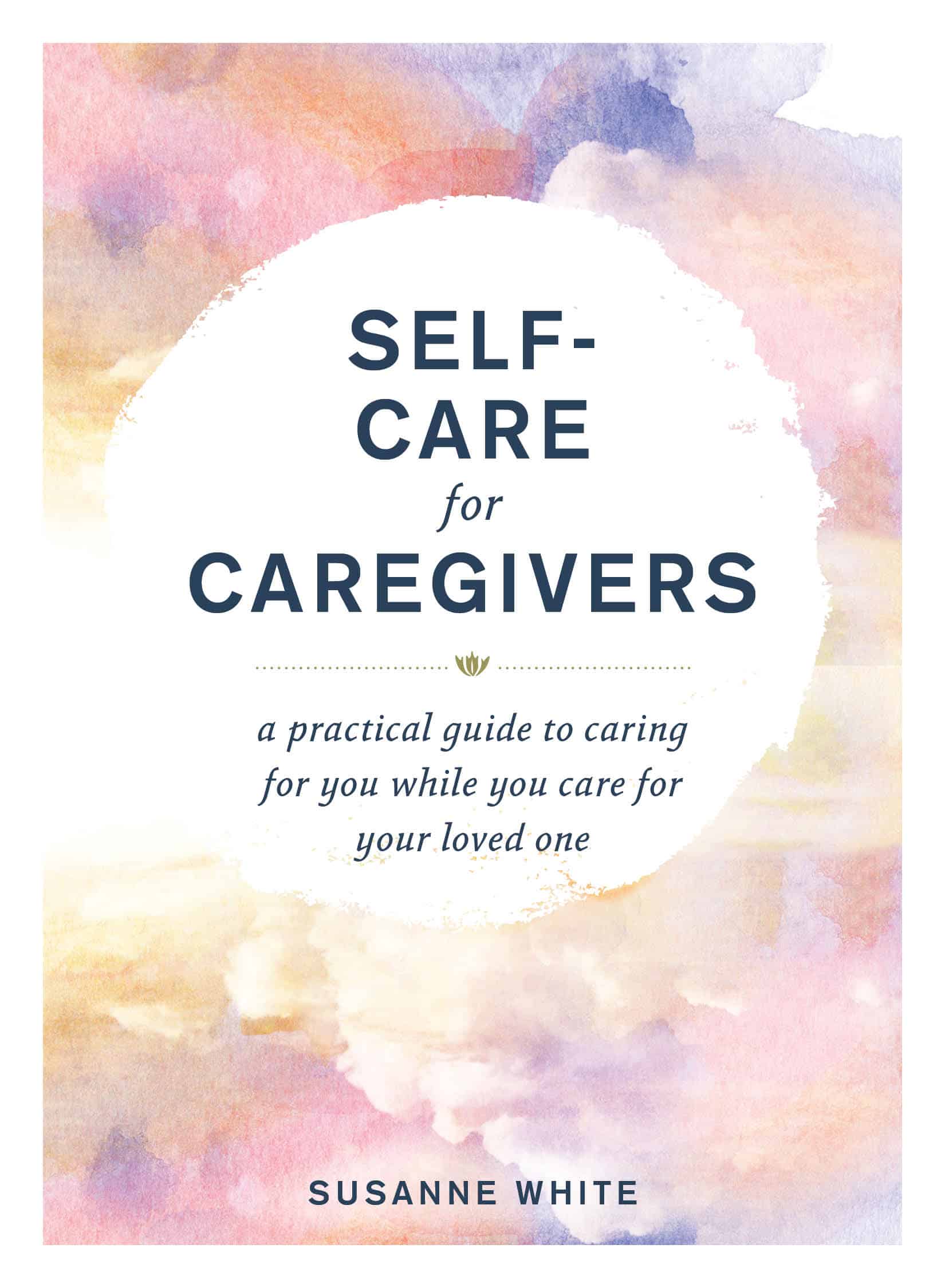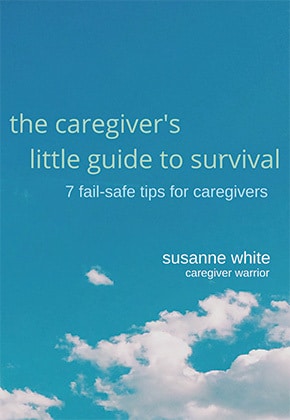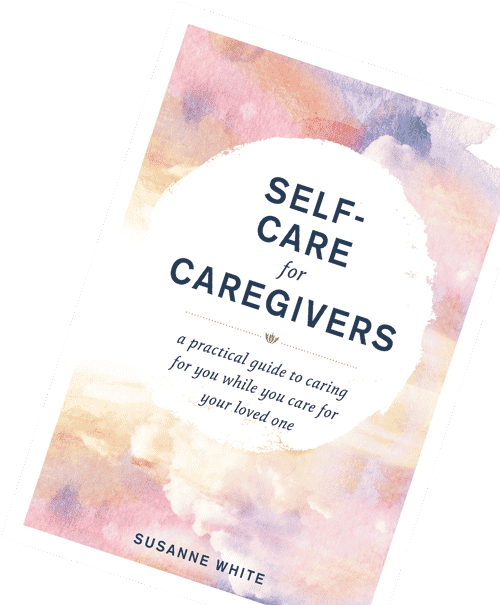I recently asked someone to do something for me and they said, “No, I can’t do that right now.” They then proceeded to do something that meant so much to me; they told me why they were not willing to do what I had asked them to do, which was that the task was going to make them nervous, and they were already feeling anxious that day. They would take care of it for me later if that would be ok.
Wow! For me, who feels the need to over-explain everything I do or don’t do, this was not only valuable information, it immediately stuck my empathy chord since I too get nervous about stuff, so I completely understood, and the “No” sounded reasonable. We shared an awesome communication that made both of us feel better. They were able to reassure me that the task would get done, just not in my timeline which was fine for me. It left an open space for negotiation if need be and allowed a calm environment to discuss it in.
It was so nice to get an explanation!
Sadly, this is not always the case with saying no or having someone say no to us. Saying no or having someone say no to us point-blank without explanation can cause concern and aggravation. The frustration this abrupt denial causes can quickly muddy the communication waters with anger.
Here are some of my thoughts on saying no and being told no, especially by those we care for, and how to make it a more productive, positive experience.
Explain the “No”
Let people know why you have to say no. This isn’t always possible because some people lack empathy when they are being refused or their goal to get their wishes and wants fulfilled out weights their ability to see your take on the situation. They can’t hear you beyond your “No”. With these people, there are usually boundary issues, so remembering that “No” is a complete sentence works well.
Most people, however, would benefit from and appreciate knowing why you are saying “No” to them. If you feel that no is the appropriate response, you probably have a good reason for it, so share it. It can help others understand why you have made that decision, and allow them to calmly find an alternative way to get their needs met.
What to do when someone says “No”
If someone you have a safe, trustworthy relationship with says “No” without an explanation, you do have the right to respectfully ask for one. It doesn’t pay to push too hard if they become uncomfortable with your question, but most times, if asked politely, with authentic curiosity, people are more than willing to explain themselves, and just need a little encouragement. The explanation will hopefully be reasonable or at the very least understandable. It should help you move on.
What to do when people aren’t capable of explaining why they say “No”
Often, those we care for can’t explain why they are saying “No” or refusing to do or acknowledge something. This can be extremely frustrating especially when the request not only benefits them but keeps them safe and sound. It’s during these scenarios that we need to be respectful, patient, curious, creative, and be able to read the room.
When we put our energy into seeing the “No” as an important communication that has great meaning and is telling us something more than just “no” we have a great opportunity to learn and acknowledge something deeper going on. We can ask ourselves the following questions or questions like these:
- Are they in pain?
- Are they afraid?
- Are they uncomfortable in their clothes?
- Do they need to be moved?
- Should we change the environment?
- Do we need to change the subject to one they love?
- Are we using the right tone of voice?
- Do they need a moment to recover from something?
Focusing on discovering the reason behind a determined or even aggressive “No” from my Mom rather than getting myself worked up and frustrated about it helped me immensely in the long run. While I wasn’t always able to figure out why she was adamantly saying “No” or refusing my request, more often than not I found out she had a good reason for being upset or “stubborn” and was not meaning to be difficult. She was just trying to express something that had her upset or uncomfortable. She was trying to tell me something way bigger than just “No”.
Saying, or being told “No” can a tremendously positive experience
Saying and hearing “No” is a complicated situation and can be packed with emotion and stress. Looking for or offering an explanation around the “No” can alleviate a lot of the discomfort associated with it.
The reason behind the “No” can offer insight and present possibilities for great communication and understanding. No one wants to hear or have to say “No”, but when we understand why it’s being said, it can soften the blow and open the door to exciting alternatives.
If you enjoyed this article, you’re going to love this one!










0 Comments